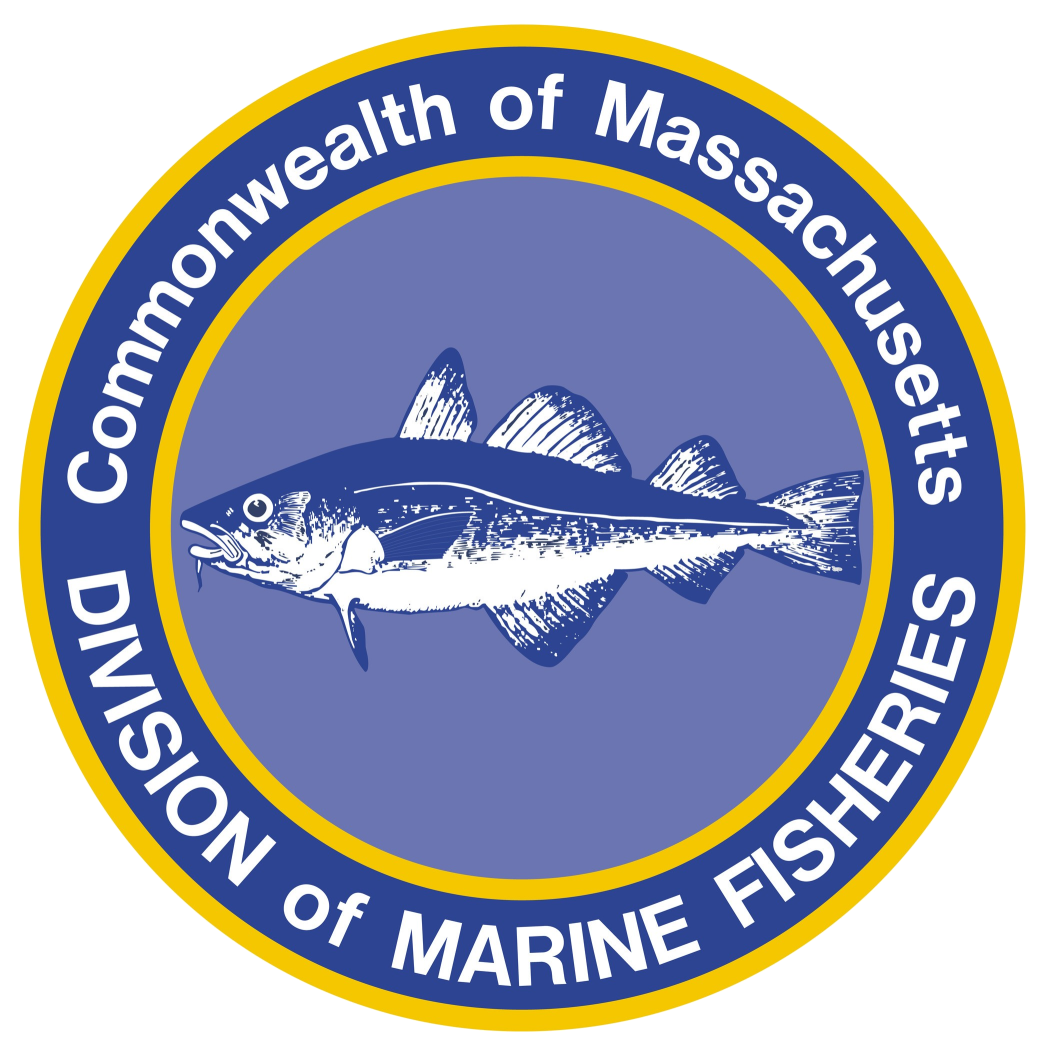- Division of Marine Fisheries
Like everywhere—from work to home to school and all the places in between—the COVID-19 pandemic has wrought new challenges for DMF and our stakeholders.
The agency has continued to function despite the closure of our offices to the public. At the onset of the emergency order, our essential services were defined as permitting, statistics, fiscal administration, and shellfish sanitation. With stringent controls on the frequency and duration of in-office work, our permitting staff have met the demand for permit issuance and transfers; our statistics staff has continued to enter catch reports, monitor quotas, and fulfill information requests; our administrative staff have kept up with encumbering of funds and payments to vendors for necessary equipment and supplies; and our shellfish staff have maintained water sampling and biotoxin monitoring and responded to pollution events to ensure the public’s health.
After a flurry of information technology activities to enable successful remote working, the Division’s staff has juggled the demands of teleworking from home to complete many other core services. We have continued to engage in state, interstate, and federal fisheries management deliberations; finalize and announce regulatory revisions; produce recommendations on various coastal alteration projects; monitor protected species’ distribution and respond with protections; negotiate on mitigation plans for wind energy development; monitor the seasonal return of diadromous species and improve their up-stream passage; design research studies and prepare equipment for the busy field season; manage our grants; produce informational and educational content; and support the commercial fishing industry through seafood marketing initiatives (see Seafood Marketing Update on page X).
Our activities are not without disruption, however. The 42-year time series of continuous fishery-independent data produced by the Division’s spring trawl survey will have a hole in it for 2020. Recognizing that it would have been nearly impossible to conduct normal survey operations while maintaining CDC-recommended social distancing guidelines aboard the research vessel, we considered delaying the survey, but this too would have been problematic because it is carefully timed to occur in early to mid-May every year. We will have to grapple with this and other data gaps in stock assessments and management decisions down the road.
Also affected was the onset of recreational angler intercept surveys that inform the Marine Recreational Information Program’s estimates of recreational catch. While the surveys that collect angler effort data (which are conducted through mail or telephone) continued, the in-person interviews with anglers at public fishing sites about the number, size, and species of fish caught were canceled through May 19 in Massachusetts. In advance of this, the Division lined up and trained its seasonal workforce to hit the ground running once considered safe.
The commencement of recreational catch sampling and other field activities in late-May and into June required the incorporation of new guidelines into our procedures to minimize the health risks to our staff and the stakeholders with which we interact. Certain field operations continue to be affected, such as at-sea catch sampling aboard commercial fishing vessels. Alternative approaches to mandatory sampling requirements will be deployed where possible (such as shore-side sampling). States up and down the coast have confronted similar issues, and we’ve been sharing and learning from one another and coordinating where possible.
The Division is also pouring its energy into several new initiatives in response to the impacts of COVID-19. The Commonwealth’s fishing and seafood industries have been hard hit by the necessary measures to slow the spread of the disease. We have endeavored to help these legacy industries and lessen where possible the reduced demand for seafood due to the disruption of markets and closure of restaurants and the curtailment of for-hire fishing businesses. Locally-sourced seafood for home consumption has never been so appealing, and we are capitalizing on this window of opportunity to promote our fisheries. Retail Boat Permits have been issued to harvesters free of charge to encourage direct to public sales, and a temporary pilot program has been developed with the Department of Public Health to add shucked sea scallop adductor meat to allowed products. The local commercial bay scallop fisheries in Eastham, Orleans, and Wellfleet were extended. Aquaculturists were permitted to resubmerge their product when demand fell out, and we’re investigating options to help permit holders buy this year’s seed stock and avoid next year’s potential market glut. Seafood promotional materials have been ramped up. With regard to both the commercial and recreational sectors, the Division is working within the interstate and federal fisheries management circles to consider and advocate for reasonable regulatory adjustments to help offset the impacts of COVID-19.
Following the announcement in early May of the states’ shares of the $300 million in CARES Act fishery disaster aid, Division staff have also been working to develop spend plans for the Commonwealth’s roughly $28 million allotment. These funds are intended to support fishery businesses including aquaculturists, for-hire operators, commercial fishermen, and seafood processors that have suffered a 35% revenue loss due to the pandemic. We are relying on the input of industry advisors and the Division’s prior experience in disaster and mitigation aide to establish a framework for the disbursement of funds that balances the need for expediency while meeting the objectives and requirements of the earmark. It should be recognized by all that while Massachusetts received the third highest share amongst all states, the relief represents a fraction of the losses experienced industry-wide.
On a personal note, and as Director of the agency, I’m extremely proud of the dedication and persistence demonstrated by Division staff to keep our operations running as smoothly as possible in these unprecedented times to meet the needs of our constituency.
By Daniel McKiernan, Director
